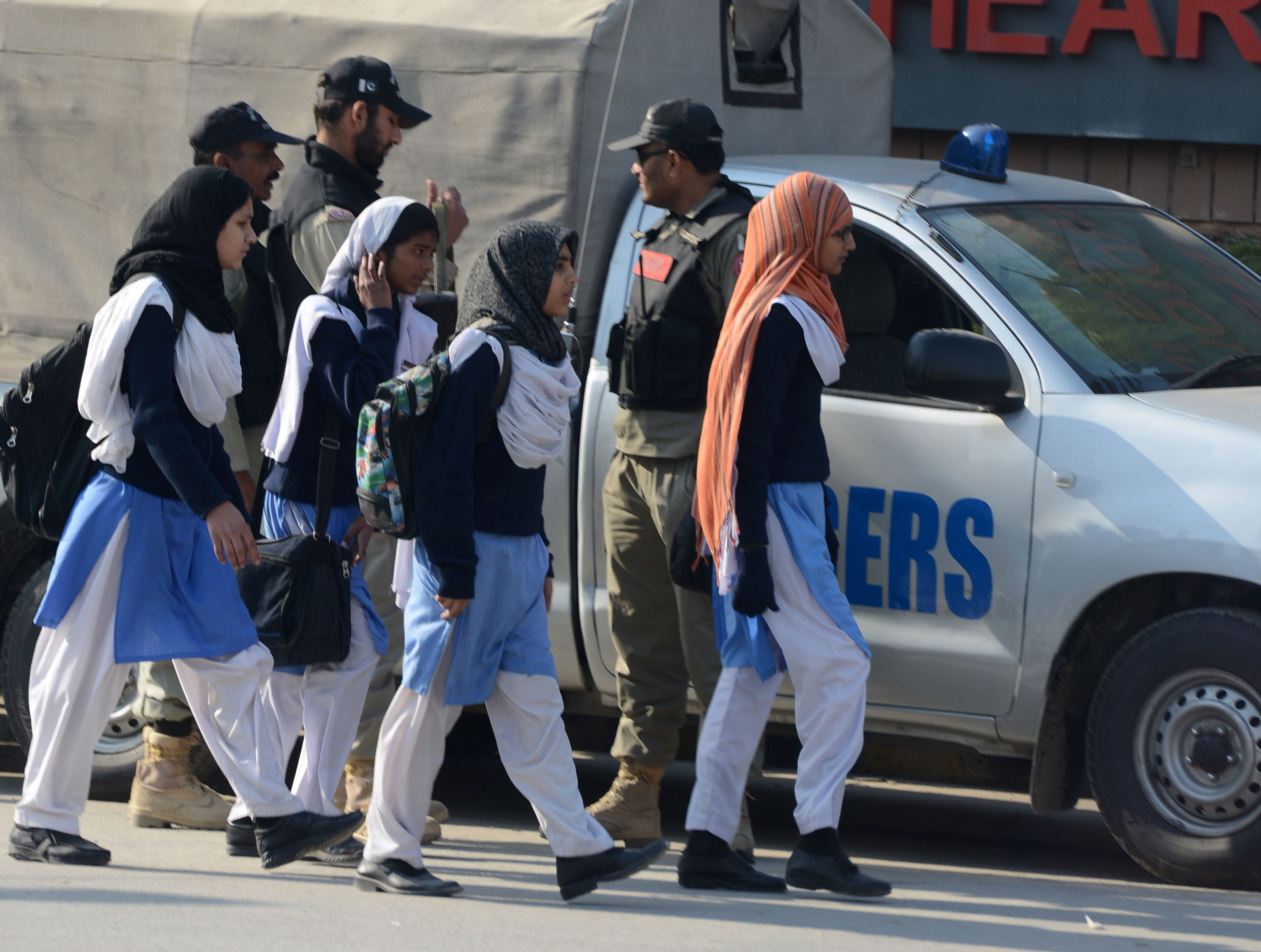
The multiplicity of educational problems that exist in Pakistan are put on the shoulders of teachers. It is true that there are a lot of issues that exist in the Pakistani education system but is it fair to place all the blame on the country’s teachers?
Sadly, the discourse on education within the country attributes to teachers everything that is wrong with the system. However, don’t we need to hear the teachers themselves before we reach any grand conclusions? We have heard a lot about teacher absenteeism and some teachers shirking work but have we heard the accounts of millions of others who are dedicated to their jobs and show up to school in dismal conditions every day?
We can grill them unendingly for the low learning outcomes in students but we do not stop to think about imparting quality training to them. Without any thought to their professional development, do we really know anything about the teachers’ own perceptions of the jobs they set out to do every morning? An answer to these questions will only point to the multifaceted shortcomings within our system, which fail our teachers every day.
According to a recent survey by Alif Ailaan, the poor learning outcomes of Pakistani students are a result of systemic failures and teachers alone cannot be blamed for these.
Surveying a total of 1,264 teachers from both public and private schools across the four provinces, Alif Ailaan’s findings indicate that a staggering 49 and 67 per cent of teachers in government and private schools respectively have no knowledge of the national curriculum.
Furthermore, in terms of academic qualifications, only one per cent of Pakistani teachers can boast of an Mphil degree and that too, only in Punjab.
In Khyber-Pakhtunkhwa, 44 per cent of teachers report of having done only their intermediate or matriculation while in Balochistan, only 46 per cent of teachers in private schools have an intermediate or matriculation certificate.
Likewise, 96 per cent of the teachers surveyed in Sindh’s government schools report to have no knowledge of taxonomies. Countrywide, 68 and 82 per cent of government and private school teachers respectively have not done any courses on assessment during pre-service training for their professions.
These are only some of the findings which could be highlighted here. Alif Ailaan has done commendable work in giving a voice to the teachers of Pakistan. At the same time, these findings indicate that teachers are not a part of the problem in Pakistan’s education system.
Rather, they are being made completely irrelevant and inconsequential by the very structure they are made to serve. Lacking opportunities for professional development within the schools, being made to sit out of the curriculum changes and having no incentives to improve their pedagogical methods and assessment methodology, they are unwillingly being conditioned to witness silently the rot that the education system of Pakistan is today.
What is needed is to listen to the teachers’ account of the various shortcomings within the Pakistani education system, pinpoint the systemic and underlying causes for these and identify prospective solutions, where they play a proactive role.
We will have to give it to them that even under such appalling conditions where 59 per cent of girls’ schools in Sindh are without a toilet and 69 per cent of government schools in Balochistan lack drinking water, they still remain dedicated to their work and their children. In trying to change the education system of the country for the better, either the teachers will have to be put on board or change will remain forever elusive.- Express Tribune